Author Archive
“I just went with my gut (and shut down my ego) and let the story tell itself”: An Interview with Mira Ptacin

Mira Ptacin’s new book is an exploration of Spiritualism’s history and its place in the current landscape of American faith practices. It also shows us, through the personal story Ptacin includes, how Spiritualism can help those still living and grieving after a loved one has died.
Women Mentoring Women in Sigrid Nunez’s Sempre Susan
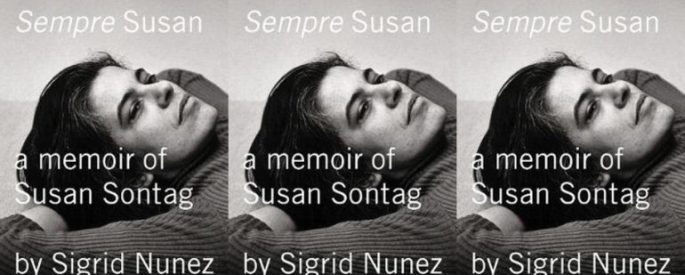
Sigrid Nunez’s memoir of the author’s relationship with Susan Sontag, the writer and doyenne of the twentieth-century New York intelligentsia, plays with the concept of the memoir genre. Nunez largely disappears from her own pages as she explains, through vignettes and remembered lines, Sontag’s mentorship.
The Lyricism of Mundane Grief in Joy Enough and The Long Goodbye

Death’s lyricism, perhaps, can only be found after the fact, when one tries to prettify the tedium and make sense of inner chaos.
Food and Power in Ruth Reichl’s Save Me the Plums

Reichl’s new memoir tells the story of a nation’s heyday and financial collapse, tracing the interconnection between food and money.
Civil War Christmas Traditions in Little Women
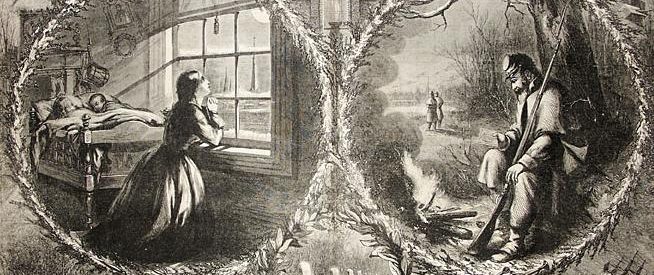
Christmas calls the sisters of Louisa May Alcott’s novel to reflect on their bonds with each other and their parents, and on the kinds of lives they want to lead.
The Spinsters of Barbara Pym’s Excellent Women

Barbara Pym’s spinsters are trademarks of her novels, and their lives—outwardly ordinary and richly interior—are symbolic of the fullness, rather than the absence, that shape their days.
Memoirs of American Ballet
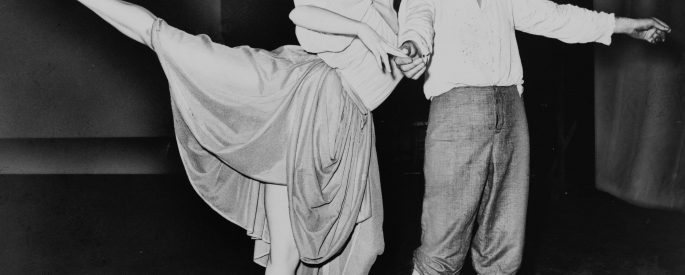
Two memoirs by famous twentieth century ballet dancers, Suzanne Farrell and Gelsey Kirkland, enter into the ballet canon women’s experiences working with George Balanchine, explaining not only how he saw them, but how they saw themselves.
Autofiction and Juliet Escoria’s Juliet the Maniac
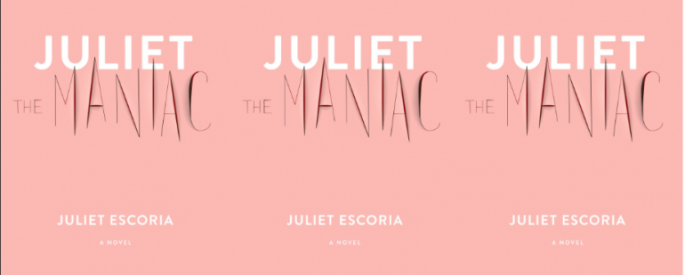
Although our culture’s relationship to fiction and truth has evolved, autofiction, a form of fictionalized biography, has been around as long as people have written books.
Modern Day Ghost Stories
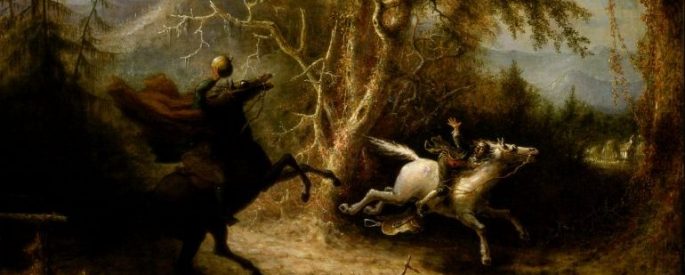
In contemporary memoir, like works by Kiese Laymon and Jesmyn Ward, the ghosts that haunt the narrators are past selves, dead loved ones, or other traumas that manifest in these writers’ lives.
Fact and Fiction in Tell Me How It Ends and Lost Children Archive

Reading both of Valeria Luiselli’s most recent books, which each center on the refugee crisis at the US-Mexico border, is a powerful experience—doing so can show us our own complicity in what is often a “background story.”